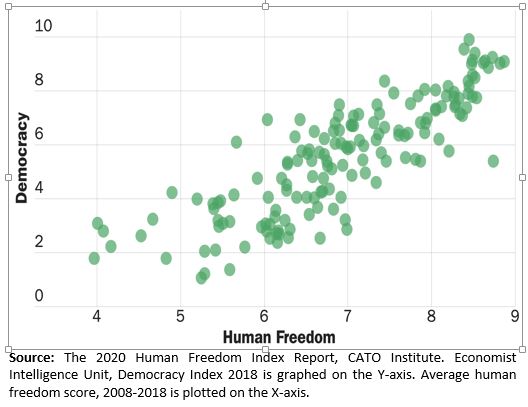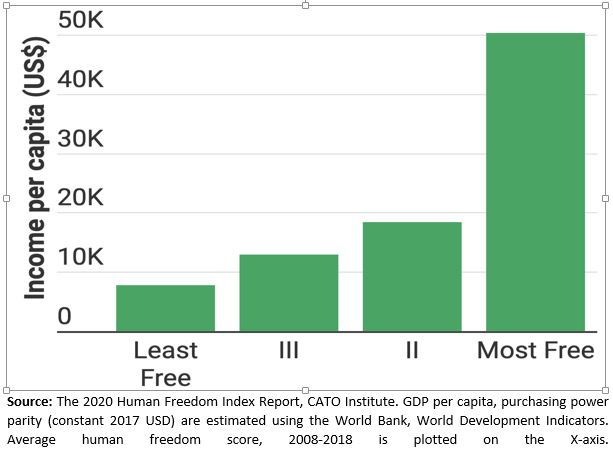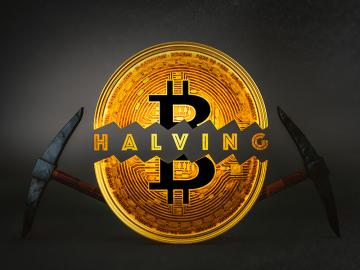
The value of dissent
How can we protect liberty and cultivate free thought that attracts innovative talent, promotes open exchange of ideas and delivers the prosperity that we deserve?
 Image: Shutterstock
Image: Shutterstock 

Second, when the penalty for saying the wrong thing is large, even a small probability of transgression to a sensitive topic engenders fear and discourages exchange of ideas. Therefore, a benign clamping down on certain forms of speech over time, has a chilling effect on all speech. Yet, speech and the free exchange and dissemination of ideas and opinions is critical to innovation. There is no dividend to a limited liberty or freedom.
We must also demand more from our institutions. We are all complicit in the outcomes we are outraged about but some of us are more complicit than others. To begin with, it is unfair to single out the police, no matter how egregious their actions and behaviour. We live in a democracy; we have a system of checks and balances to prevent exactly this kind of overreach. If the police believe that a crime has been committed, it is their duty to pursue those they believe have committed the crime. In the process, if they act counter to legal procedures or violate constitutional rights of citizens, other actors must step into the breach and correct the wrongs.
The most important institution in this regard is the judiciary. A magistrate must approve and sign the warrant, either for search or arrest. Across the spectrum of cases that we are outraged about, have we paused to ask whether the magistrate made adequate effort to ensure that police action was warranted? Did the judge ensure that the person was a threat to the criminal investigation before remanding them to police custody? Did the judge ensure that they had legal representation of their own choosing? Should we not pause to evaluate the actions of the magistrates in approving actions of the police without sufficient oversight? From the first judge who signs an arrest warrant to every judge who silently accepts the arguments of the police for denying bail to those charged with sedition, the entire judicial system is enabling attacks on dissent.
Dissent will only be protected if all the checks and balances on the arbitrary exercise of power work as designed. Instead of pointing all fingers at the police, it will be useful to remember all the other actors that play a part in relabelling dissent as sedition or offences against religious sentiments. And we must always remind ourselves that the dissenters who are breaking the rules are our future source of wealth and power. In muting their voices, we just became poorer.
Ashwini Chhatre is faculty in the Public Policy area and Executive Director of the Bharti Institute of Public Policy at the at the Indian School of Business.
Deepa Mani is faculty in the Information Systems area and Executive Director of the Srini Raju Center for IT and the Networked Economy at the Indian School of Business.
The views expressed in this article are authors personal views.
[This article has been reproduced with permission from the Indian School of Business, India]
Post Your Comment

















